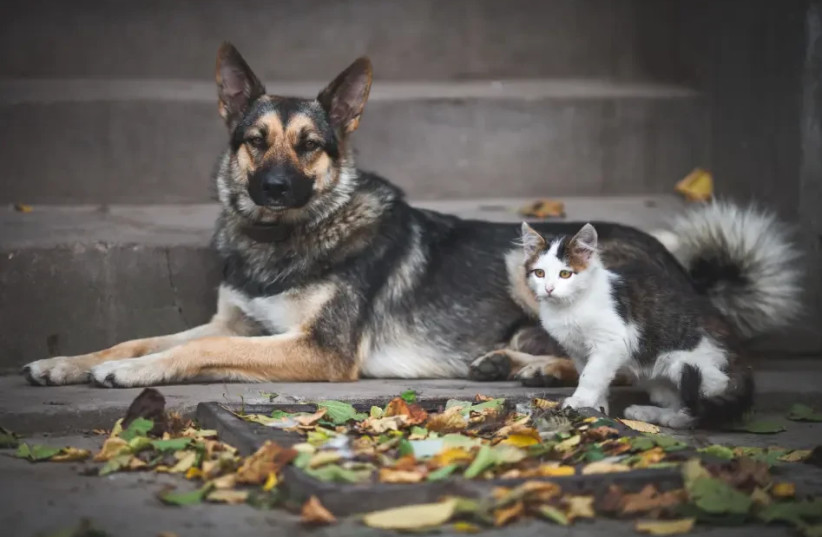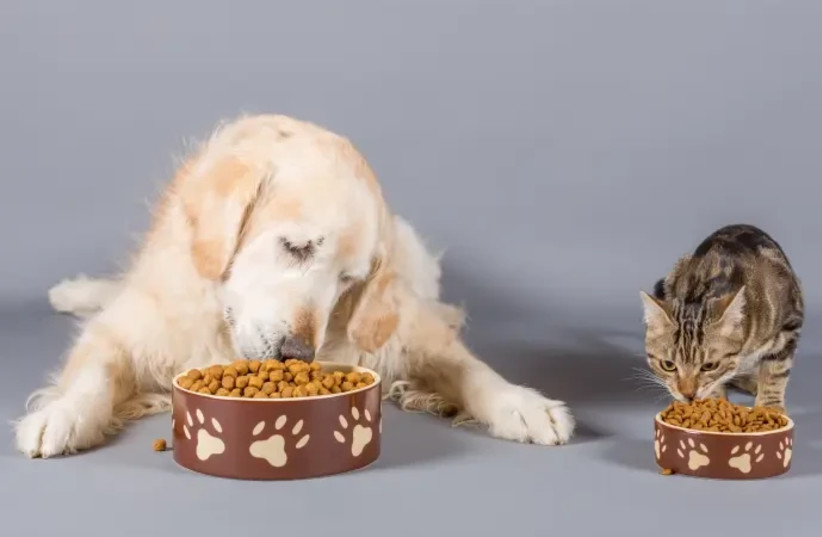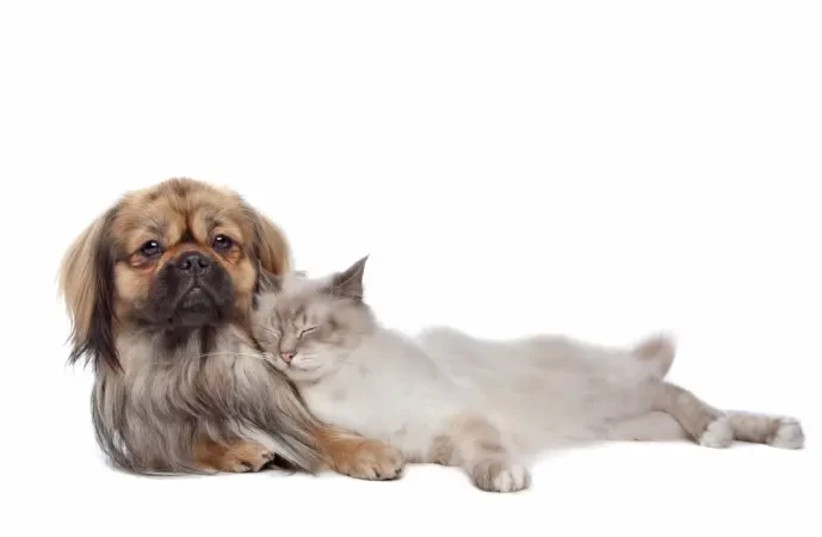Pets, just like their owners, are affected by changes in weather and temperature, and the winter time is no exception.
In preparation for the upcoming cold days, pet experts have gathered some useful tips. Here's some information from Orly Zakai, a cat behavior consultant, on changes in cat behavior during winter and some tips for keeping them warm:
1. Make sure your cat stays warm
When your cat curls up to keep warm, it's a sign they need some help staying cozy. You can tell they're warmer and more comfortable when they stretch and release their body.
Some cats have thicker fur, which helps them cope better with the cold. Additionally, their fur naturally grows and thickens during winter to maintain their body temperature. However, kittens and older cats may struggle more in cold weather, so it's important to help them in staying warm.
2. Battling feline winter blues
Cats are highly sensitive to changes in light levels, and the lack of sunlight in winter affects their serotonin levels.
Serotonin is responsible for maintaining the nervous system and brain, and its deficiency can lead to sadness, depression, and decreased desire to play.

You may have noticed your cat finding the sunniest spot in the house to relax. Allowing your cat exposure to sunlight by opening the curtains or providing a comfortable spot by a window can help boost their mood.
3. Increased winter appetite
Just like humans, cats tend to eat more during winter. It's important to allow them to eat a little extra and take this opportunity to give them better-quality food quality.
High-quality food provides better nutrition and helps strengthen their immune system, ensuring their body temperature remains normal even in the cold.
4. Combating cat boredom
Physical activity and playtime have a significant impact on a cat's health and mental state. When outdoor play is limited, ensure your cat engages in more physical activities indoors. Play with them and provide interactive toys or games that help release their energy.
Tailor these activities to your cat's age and abilities, and make sure to dedicate daily playtime.
5. Don't keep your cat indoors unnecessarily
Winter time doesn't mean being an outdoor cat needs to stop.
If your cat is accustomed to going outside, there's no need to prevent them from doing so during cold or rainy weather. Some cats enjoy being outdoors even in the cold and rain. However, just make sure they can return home whenever they want and provide a hiding place outside. Sometimes, just sitting outside and observing the surroundings can bring them joy.

6. Managing bathroom needs
Many outdoor cats take to doing their business outside. However, winter is where this becomes an issue, because some cats may avoid defecating outdoors if it's too wet and may resort to doing it somewhere inside the house, especially if they don't have a litter box.
A good solution to this is to make sure you have a litter box indoors during winter, even if your cat is used to going outside. Keep the litter box near a window for proper ventilation, but away from the food bowl.
How to take care of dogs during the winter
Dr. David Rosenblatt, a veterinarian, shares additional winter tips for dog owners:
- Cold weather: Dogs can handle low temperatures if provided with a sheltered space away from rain and wind. Any cages or crates should be elevated off the ground and properly insulated. However, small puppies may struggle to keep warm, so it's important to make sure they have access to a heated area.
- Clothing for dogs: Dogs, especially those with short fur or small breeds, may benefit from wearing a sweater or coat during cold walks outdoors.
- Thunder and lightning: Many dogs experience anxiety during thunderstorms. It's crucial not to excessively comfort them, as this may reinforce their fearful behavior. Instead, maintain a normal atmosphere and behavior during storms. Provide a safe, enclosed space inside where they can seek refuge from loud noises. Consult a veterinarian or behavior specialist for solutions to anxiety.
- Beware of overheating or burns: Your pets' wild animal ancestors never had any space heaters or thermostats. Because of this, dogs may not instinctively avoid getting too close to stoves or radiators, so make sure they don't risk burns. Avoid using electric blankets as dogs may chew on them and get electrocuted. Instead, consider providing a hot water bottle wrapped in a stuffed animal for them to snuggle against.

- Winter nutrition: Pets, especially outdoor dogs, use more energy to stay warm in winter. They may require an increased amount of food, sometimes even double their regular intake. However, dogs that live indoors and enjoy the warmth of a controlled environment don't need additional food for temperature regulation.
- Winter diseases: Bacterial and viral respiratory infections are more common during winter. Dogs can be vaccinated against diseases such as Bordetella bronchisepticum. Ensure your dog's vaccinations are up-to-date.
By following these tips, you can ensure your pets stay warm, healthy, and happy throughout the winter season.
